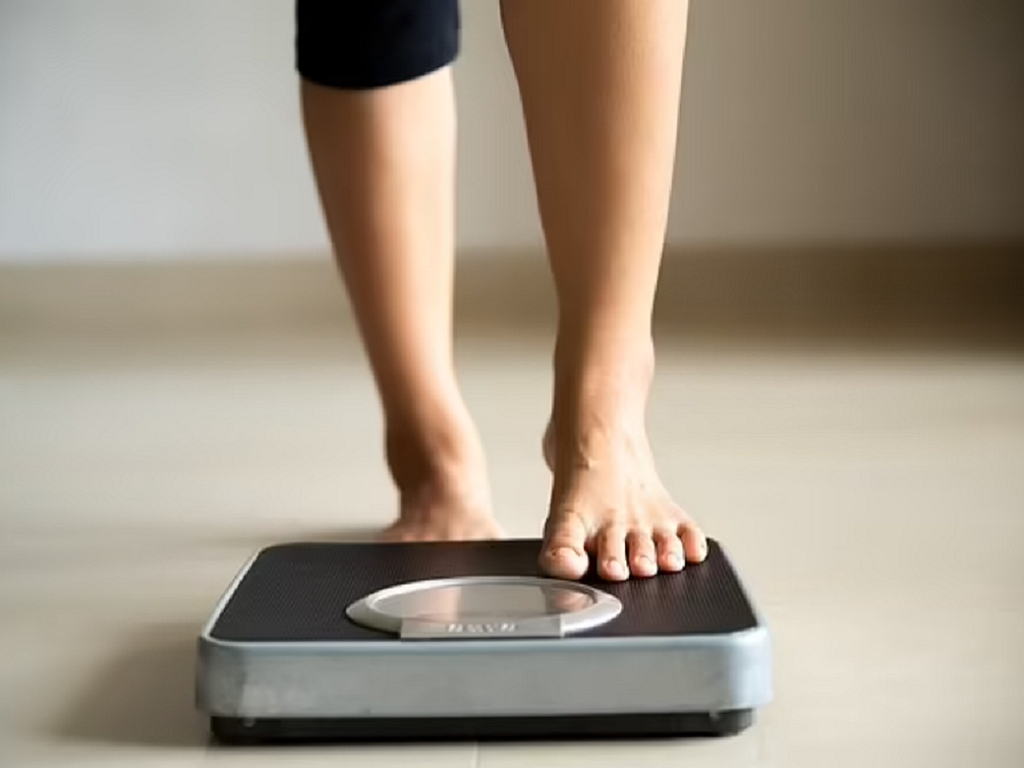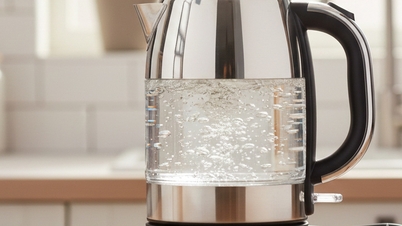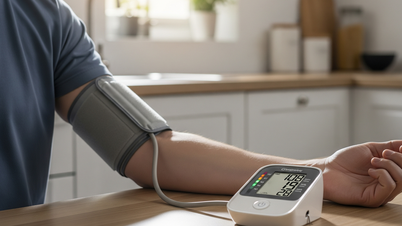In fact, to monitor weight, we can step on the scale at any time of day. However, the most accurate weight reading is obtained after waking up and going to the bathroom in the morning. This is because at that time, the body has digested all the food eaten the night before, and almost all of the urine and feces in the intestines have been eliminated, according to the health website Healthline (USA).

For accurate results, the scale should be placed on a hard, flat, carpet-free surface.
Additionally, it's important to remember that for most of the day, your body may gain or lose 0.5-1 kg. This is perfectly normal. For example, after a large meal, your body weight will certainly increase. Meanwhile, high-intensity exercise will cause dehydration and temporary weight loss.
Accurately determining your weight will help you adjust your diet and exercise accordingly. To accurately weigh yourself, you should step on the scale in the morning after urinating, before eating or drinking anything, and wearing as little clothing as possible.
Additionally, the scale should be placed on a hard, flat surface, not a carpeted one. A wobbly or tilted scale can lead to inaccurate measurements. When stepping onto the scale, your body should remain still, with your weight evenly distributed on both feet. If you are using a scale designed to measure body fat, you should go barefoot.
Studies have found that checking your weight daily can lead to greater weight loss and better prevention of weight regain compared to checking it infrequently. These benefits may be due to the fact that the number displayed on the scale motivates people to change their daily habits. For example, they might eat less, control their calorie intake, and exercise more regularly, according to Healthline.
Source link






































![[Video] The craft of making Dong Ho folk paintings has been inscribed by UNESCO on the List of Crafts in Need of Urgent Safeguarding.](https://vphoto.vietnam.vn/thumb/402x226/vietnam/resource/IMAGE/2025/12/10/1765350246533_tranh-dong-ho-734-jpg.webp)





































































Comment (0)